Julian had his first heart attack at 3 am on Tuesday the 7th of November 2017, a week after the autumn time change and his 48th birthday. Around that time, I was becoming increasingly interested in the bodies internal clock, the circadian rhythm, and I had, in fact, started writing an article on it. Quite often, I would find myself obsessing over the relevance of the timings of the events that would follow, as a diversion from the hyper-reality occurring all around us.
The circadian rhythm is basically a 24 clock that governs many things including sleep, hunger, mood, stress, immunity and heart function. This circadian rhythm is thought to be heavily influenced by its environment and the light and dark phases. The body is so finely tuned that shifts to and from daylight saving time, even as little as an hour, can significantly increase the chances of a heart attack Source. Early morning is also a common time for heart attacks, as the body prepares for the day ahead, there is a rise in blood pressure and heart rate, putting the heart under increased pressure Source
As Julian sits on the end of the bed I wake up alert. In that instant, it hits him like a bolt and he lets out a cry. I propel myself out of the bed to call 999, our small children still sleeping in their beds.
The operator keeps me on the line as we wait for an ambulance, ‘please bear with us, it’s an unusually busy night in Manchester’, she says, her voice full of misdirected reassurance.
My eyes fix on Julian as he twists around the bed. I hold his hand and try to reassure him, a chilled breath running in my veins as I observe it all disarmed. We live in Manchester the UK’s second city, it shouldn’t take this long. The pain is getting worse. “Where are they’ he almost shouts,’ this is what happened to my Dad’. When Julian was 8 years old, his father aged 47, died of a heart attack before the emergency services were able to reach him. The ambulance arrives 40 minutes after I call. I take them upstairs as the house breaths out a sigh of relief.
It's not their fault, the NHS (National Health Service), it’s buckling under the strain of funding cuts. In the UK we are lucky enough to have a health service free to everyone. Progressively over the last few decades, we have seen a sharp rise in our population and in particular the elderly, who require the costliest care. As such we have seen a sharp decline in UK’s Health Service, overstretched and underfunded. That said, it is still one of the best in the world and the countries national treasure. In the days and weeks that followed I would find myself drifting back to this moment whenever I heard an ambulance. When you are in as vulnerable a situation as this, you find yourself consumed by an overwhelming sense of gratitude toward the emergency services.
By the time they arrive the pain has subsided and they monitor him on our bed. Our 3-year-old son wakes, and I try to settle him away from the sight of wires. A little while after, they take Julian away, while I stay home to watch over our children. I walk with them all to the door. Kissing Julian to say goodbye, we hold each other close, the fragility of the moment crowding in around us.
When I close the door I cry out like an injured animal and pace the hallway. Eventually, I go up to our bed where we text at intervals as he waits. We make light of the situation, he sends me the picture of this girl sitting in front of him, 666 tattooed on the back of her neck. ‘Who does that? he says. I imagine it’s a drunken teenage joke gone horribly wrong. ‘It’s a bad omen!’ he says.
On the way to the school drop off, my 4-year-old daughter mentions that ‘daddy was sick last night’. I am surprised that she had heard anything. ‘Children pick up on these things’ someone, I can’t remember who will tell me later. At the school drop off, I talk to the parents as if it is like any other day, unable to process the situation. I remembering commenting on the weather. There is something very wrong with me as I never normally talk about the weather. Julian is the one who loves to talk about the weather, not me.
By the time I arrive at the hospital they have confirmed that he has had a heart attack, I walk into his room and his face collapses, my dear sweet man never cries and I hug him close. Soon after we fractionally compose ourselves, he asks me to marry him. It wasn't quite the marriage proposal I'd had in my head. I tell him he is going to have to do better than that, as the young cardiologist enters the room awkwardly smiling.
The tests that follow that day are horrible, an angiogram confirms the worst. Cardiovascular disease, five blockages. The surgeon told him that this had been building up in him over many many years. They would need to do open heart surgery as soon as his body had stabilised. They plan to do a quadruple by-pass, where they will stop the heart (STOP THE HEART!). Once stopped, they can then attach new vessels donated from Julian’s limbs. The operation is set for the following week when they can schedule it. The NHS is stretched tight, pulled by its hands and legs across a hospital bed. The minimal cost of treatment to the NHS for a heart bypass was £8470 in 2016 Source.
That night the children are with friends and the house is hollow. I cry my way through the night and develop a pain in my heart that will last for many months to come. I can see now that people really can die of a broken heart. There was an old gentleman in the hospital ward with Julian called Harry, who was in and out with an undiagnosed heart problem. He talked about his late wife as often as he could with a deep swelling love that would trail off as he remembered her. It was clear to me he was suffering from a broken heart.
It turns out there is actually a condition called “broken heart syndrome’. It is thought to occur when the heart is suddenly shocked, causing the left ventricle to change shape. This is often the result of ‘intense physical or emotional stress’. It was first named in Japan as takotsubo syndrome, after the pot used by fishermen to catch octopuses. The pot resembles the deformed ventricle Sourse. There are 3000 cases of ‘broken heart syndrome’ in the UK, and 90% of sufferers are women Source.
I wondered if this is simply because women on average live longer than men? If the women were to die first would it then be the men who were dying of a broken heart? like our old friend Harry. While Julian was in the cardiac ward there were very few women, I estimate around 25%. In the long hospital hours, I found myself wondering if heart attacks are a ‘working mans’ disease. There are many reasons for the differences in mortality rates of men versus women. These reasons can be separated into 3 main categories; biological, social structure, and behavior. In terms of the behavioral aspect, Julian admits that his high-stress work choices have resulted in little or no time for exercise and an increase in alcohol consumption to alleviate that stress.
That night, I worry that I will have a heart attack too and our children will be orphaned. I implode under the responsibility, suddenly understanding the true implications of being a single parent. We do not have a will, neither have we asked anyone to be their guardians. I can not die now, I cannot get sick, I must stay alive for our children, they have no one else.
We anticipated our way through the week ahead. Our family and friends huddle around us to prop us up.
On the morning of the surgery, the consultant comes in with a sad face. She tells us the operation has been postponed as a transplant patient has come in, all hands on deck. Lucky for them, and we are genuinely happy for their gain, but unlucky for us. We are pulled down under again by that news. All those days of psychological preparation and torment. All that build up. We go back and wait to hear when we can next be scheduled for surgery.
The next morning, I stay at home to organise the house. My brother is over from Ireland to help. He really has been amazing. I send him into town to check out the Christmas Market. My friend Clare has popped over, and so we sit on the couch pouring over events. At 11.20am, I get a text from Julian about our new puppy. Soon after I see my phone light up again. it’s another text from Julian telling me he is having another heart attack.

Julian later tells me his phone was in his hand and he just knew he had to get the message to me. ‘Oh My God’ I say, and throw the phone away as if hot. I tell her what has happened, I stand up, I sit down, she tells me to call the ward, no one answers, all hands on deck. She tells me to drive in, Now, we gather our stuff and go. I feel I am like a robot now, my emotion paralysed but by actions functional. I have been divided and split down the middle, observing myself from within, without any control.
I arrive at the hospital 15 minutes later and rush up to his room. As I come to his bed I remember thinking he may not be there now, his bed may be empty, like in a movie. He is there, the image of him hitting me hard. Laying on the bed, an oxygen mask over his face, his eyes are red and sharp against a grey face. His chest is exposed and wired on the bed. I move to hold him and squeeze his hand. He tries to talk, taking all his effort, he gasps the words out. He tells me how scared he is, and it crushes me to see that look in his blue eyes. He tells me where his will is on his laptop, and what it is called. His eyes roll between statements. He tells me how he can’t stop thinking about the children and me. About how he may not see them again. It is all too much, I want it to stop. I want to wake up, I feel my mind caving in on itself and the wall goes up, the short circuit that triggers when things get too much. I am grateful for it. Is he actually going? abstractly I think about how I will think about this later. He talks about how he won't see the kids again. I tell him everything will be alright, even though I don’t know if it will be. I tell him to count his breaths and concentrate hard, he tries but his panic is too much. He keeps coming back to the kids and how he won't get to see them again. It becomes too much again, to watch him suffer.
I call for a nurse to give him something to calm him down as I feel this anxiety will put his heart under more pressure. They give him Morphine and he becomes deliriously happy. He asks me to take his picture, I tell him he is sick, he grins macabrely at the lens. I think that I will look at this picture, like the picture of Dad I took on the hospital bed when he was sleeping, a day before he died. I am a robot again.
Soon after he starts to get more pain, I tell the nurse and they call the cardiologist. He does an eco on the bed, he looks concerned, I ask him a question, but he rushes off. He returns with the chief surgeon and they prep us for emergency surgery. They explain that something has gone wrong. At this point we do not know what exactly. The Surgeon is calm and reassuring. This is definitely what you need in a situation like this I think, a calm and reassuring surgeon.
Everything happens quickly then, like the tornado in the Wizard of Oz. He is moved down to surgery, I come with him holding his hand. They ask me to say goodbye in there, I kiss him deeply. I am a lost animal, a rabbit in the head lights, I have to wander around the hospital like a ghost, go outside to vape and vape. I talk to my family and friends, there are long silences between us, and broken words.
As I sit in the coffee shop I become aware of an old lady watching me, my eyes must be red in my white face. When I come out of the hospital café to catch the lift, someone calls out my name, ‘Olly’, it is loud and clear, and I look around. There is no one there and the vestibule is empty. Julian is the only one who calls me Olly. I’m not a religious person, but I was brought up a Catholic in an Irish school and it sends a frozen ripple down my spine. I think the worst, as it grips my throat.
I take the lift up and wait outside his ward, crying on a chair my face turned to the wall. After a cavern of time, the nurse comes to tell me they have finished and he is doing well. She tells me they are very pleased with the results; I notice her mascara is smudged. I thank her and remain sitting for a long time, and I remember feeling nothing but the empty hole of shock. They tell me he is being moved and I gather his stuff to wait in the recovery ward. When he comes down I hug him for a long time. The colour is returning to his face now, warming me up.
When time permits, the surgeon will tell us that the main artery, the left anterior descending artery (LAD) had become 100% blocked. The body thinking the partial blockage in the vessel is damaged tissue, tries to form a clot, forming a complete blockage. A blockage of this vessel is commonly referred to as the Widow Maker. To make matters even more macabre, the heart tracing associated with the widow maker is called Tombstoning, due to tombstone shape of the waves.
They saved his life by working through a vessel in his arm, the pain excruciating. Unable to anaesthetise him in case of convulsion. He tells me how the only way he could cope with the pain was to concentrate on a light socket on the wall and count his breaths. They placed four stents in his arteries, one for each century of his life. At one point he says he felt himself sinking down into the bed, the walls collapsing in around him, as if he were sinking through a whole in the bed.
Sometimes I go so far as to wonder if perhaps this sinking sensation Julian was feeling was happening at the same time as I heard someone call my name. By some, as of yet unexplainable means, our two minds sought out and connected at this hypercritical moment. Now, as a scientist, I know I can't prove this, but I also know I am not nieve enough to assume that such things are not possible. Neuroscience is only in its infancy in explaining the mind and all its wonders, and the answers to some of the most mind-boggling questions of consciousness are yet to be answered. I believe that some of these answers may lie in Quantum Physics. I for one am excited to watch the two sciences collide and develop over time. Anyway, however, or whatever happened, after such an elaborate declaration of love form Julian, how could I not marry him?.
As I write this, Julian is in the next room working on his new Cryptocurrency Tech business. He is going to London tomorrow to pitch to a primary Investor and he is nervous. I can tell he is nervous as he has told me he has just ordered a blood pressure monitor on Amazon. I think how lucky I am that he is here, how I can see him and touch him and smell him. I know some people aren’t as lucky as us, and I am very grateful. I think I can just get up now and go give him a hug, and that is exactly what I do.
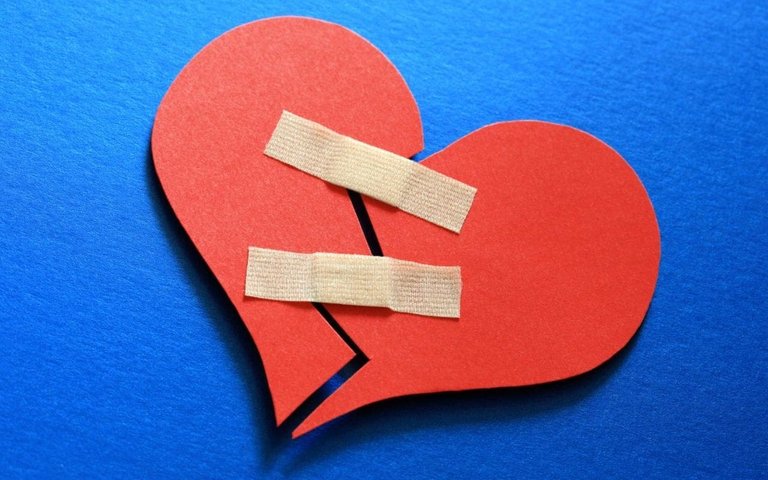
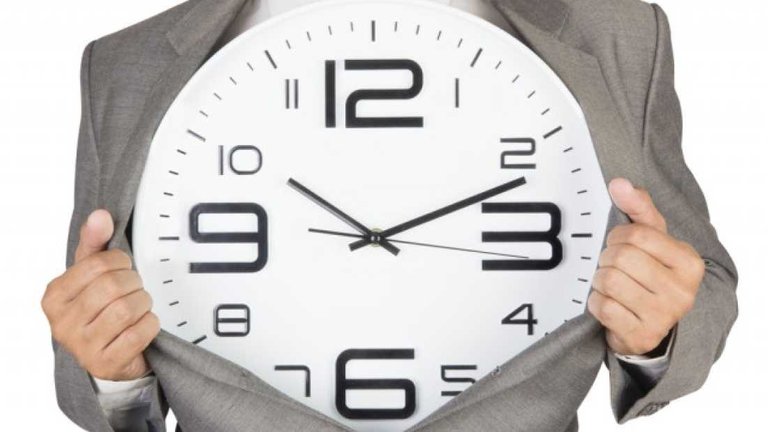

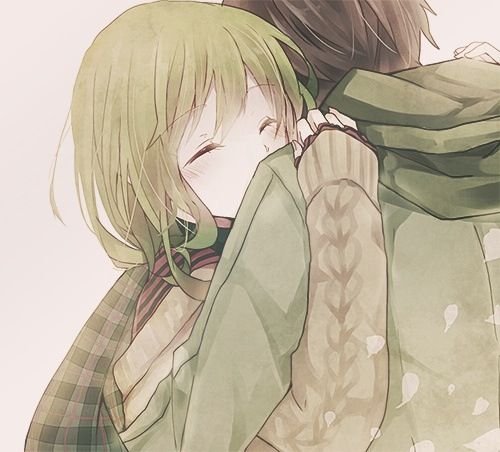
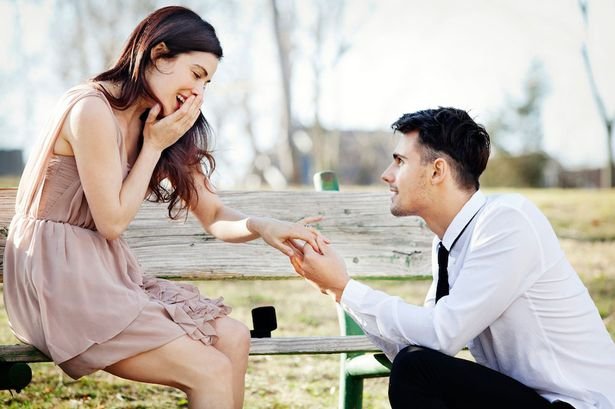
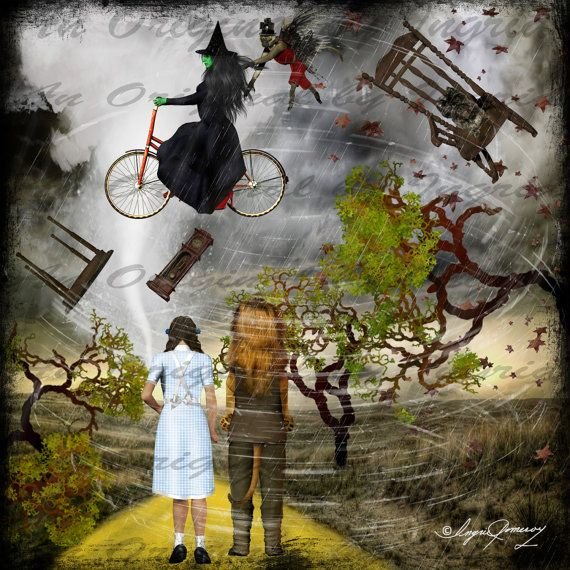
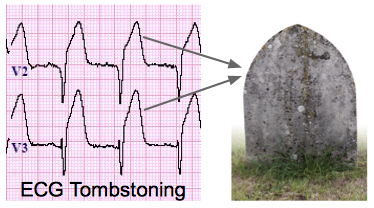
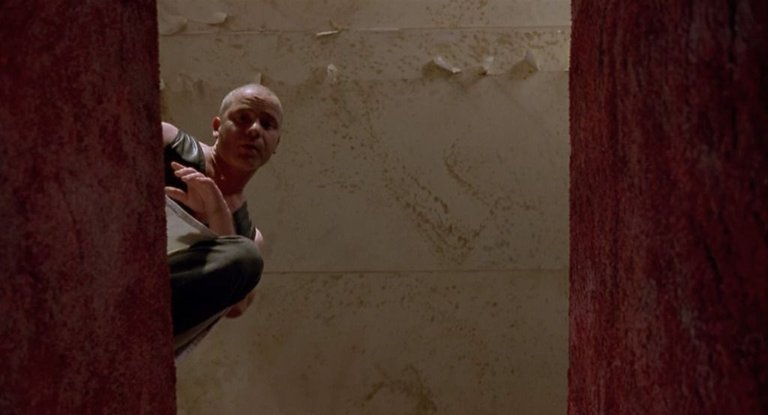
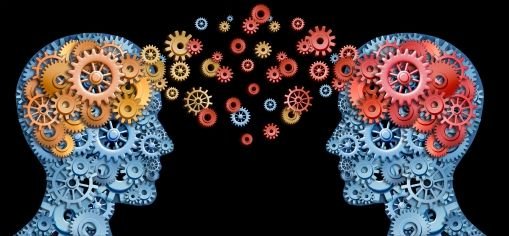
This post has received a 65.12 % upvote from @seb thanks to: @irishladyiam.